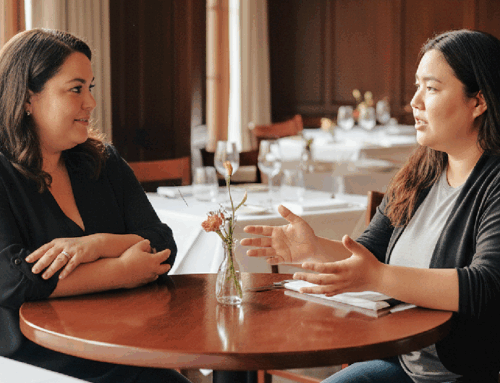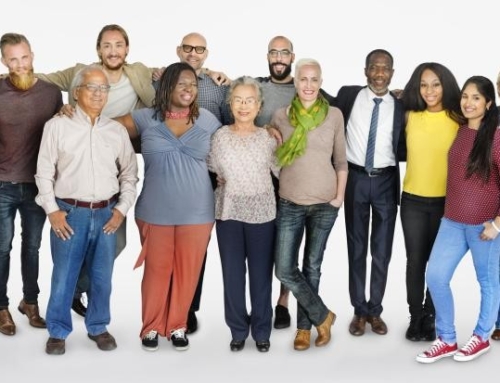It’s been three years since the Fair Chance Initiative passed in California, and many employers still have the criminal conviction question or “the box” on their job applications. Someone once told me, “If you always do what you’ve always done, you’ll always get what you’ve always got.”
By now, we all know that people of color are disproportionately represented at every stage of the criminal justice system. So, let’s talk about the positive impact of banning the box, and how it has focused the selection process on building intentionally inclusive hiring strategies.
First, what is Ban-the-Box? It is the Fair Chance Initiative, the state of California passed three years ago. What it says is that employers can no longer include the “check if you have a criminal conviction” box on job applications. Employers cannot inquire about criminal convictions until there is a conditional job offer. What happened to a candidate who checked the box in the past? It dropped their chances of getting an interview by 50%. That significantly reduces our pool of diverse candidates.
Does Ban-the-Box Require Hiring Someone Unfit for the Job?
No. It requires that employers are inclusive in the selection process by doing an individual assessment of all candidates. It doesn’t require that you hire someone unfit for the job. You can still hire the right person for the role.
Hiring those who have a previous criminal history (Second Chance or Fair Chance Workers) is essential because one in three Americans has a criminal history. Additionally, there are more than 20,000 job-related statutes and regulations across the country, restricting hiring opportunities for over 77 million Americans, those with criminal histories. That means a vast and diverse pool of talent is shut out and virtually untapped.
Fair chance hiring practices led to lowest turnover rates in the baking industry — Dave’s Killer Bread (#1 organic bread company in America and leading advocate of “second chance” hiring initiatives)
The Benefits of Banning the Box in Favor of Intentional Inclusion
There are many benefits for organizations embracing inclusion, as you will see below:
- Improved employee loyalty, engagement and reduced turnover
- Diverse team experiences and characteristics are 6 times more innovative
- Inclusive organizations are 2 times more likely to reach their financial goals
- Reduced recidivism from 53% to 16% through gainful employment Better social responsibility through reduced rates of recidivism
The success rate for organizations embracing the Fair Chance Initiative is well documented at Johns Hopkins.
True Life Experiences
A fair chance employee made said, “when someone gets a second chance like this, It’s very rare to see that person actually give up that chance and not perform well”.
Dave’s Killer Bread, of San Francisco says they reduced their turnover to the lowest turnover in their industry by including the fair chance hiring model.
Organizational diversity, inclusion, community, and social responsibility are a huge competitive advantage. Don’t look at inclusion through the lens of a social movement; don’t look at it as being altruistic, but look at it as the best business decision. The quality of employees you’ll find when you include the fair-chance hiring model is rewarding.








